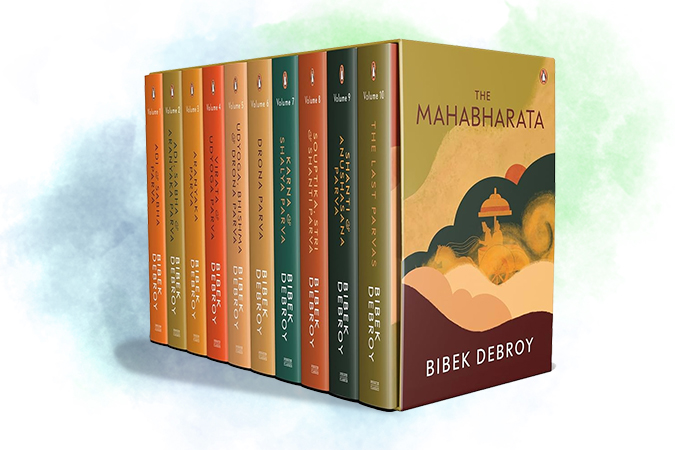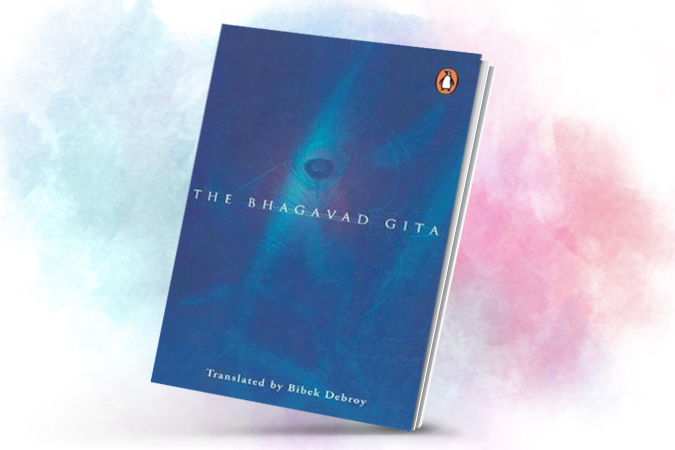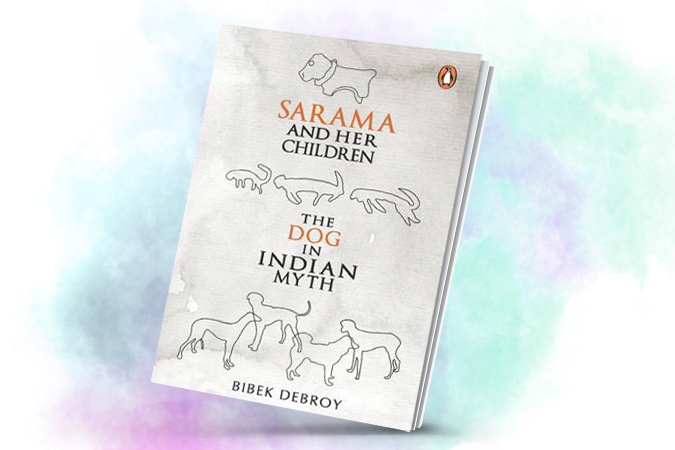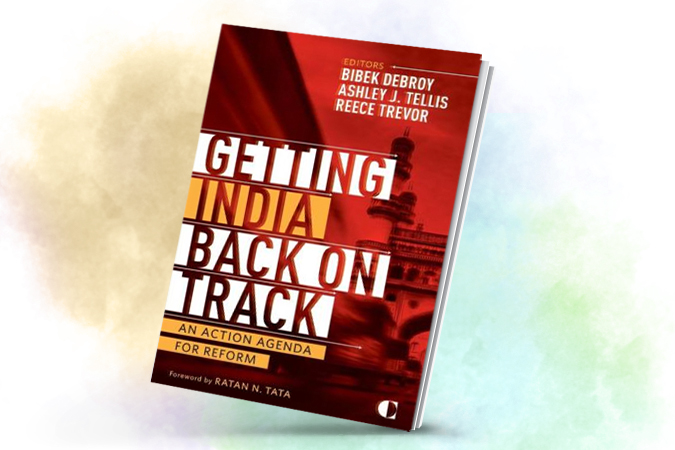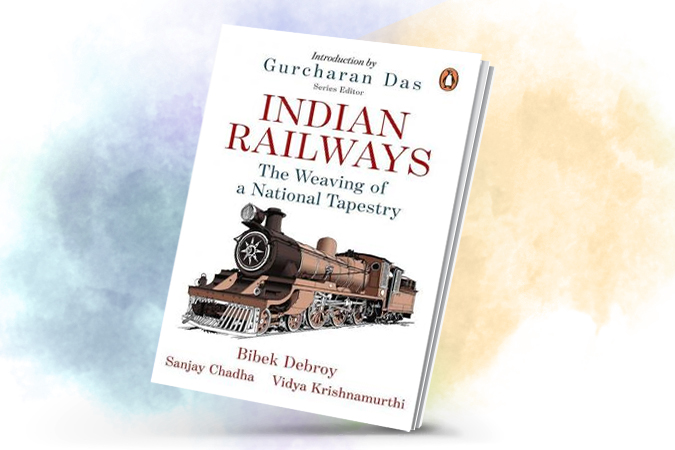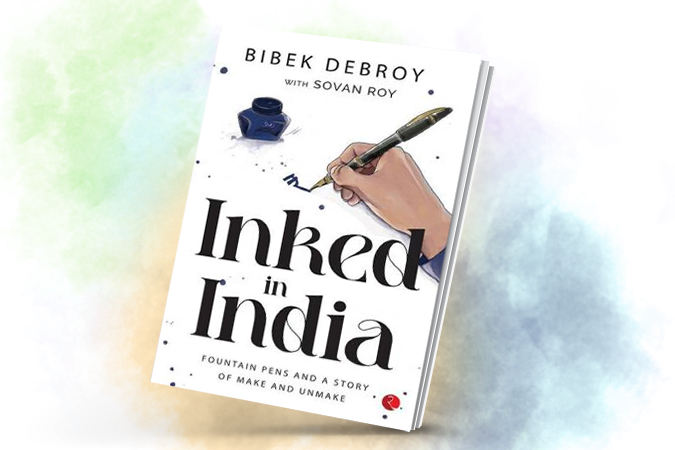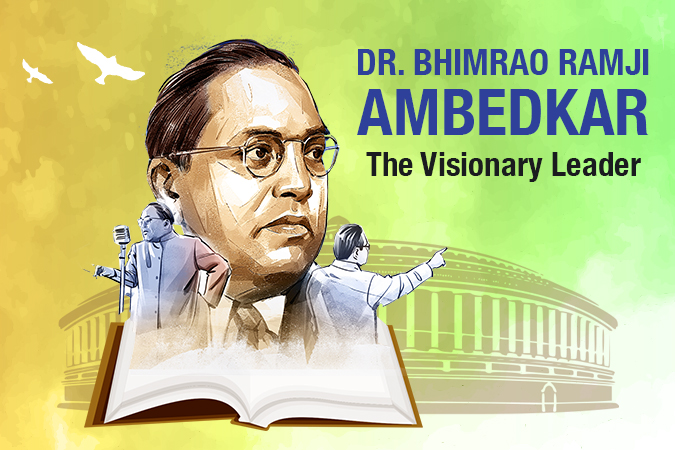
Celebrating a Legacy of Scholarship and Service
Bibek Debroy, a towering figure in India’s intellectual and economic landscape, recently passed away on November 1, 2024, at the age of 69. He leaves behind a legacy that spans economic policy, Sanskrit translations, and literary accomplishments. In his role as Chairman of the Economic Advisory Council to the Prime Minister, Debroy played a pivotal role in shaping India’s economic policies while maintaining an impressive academic career. His scholarly works serve as important references for researchers and policy makers today. Debroy’s self-penned obituary, published posthumously, reflects his unique sense of humour and contemplative approach to life. Here we pay tribute to know the man who loved his canine-children as much as his books!
Dr. Bibek Debroy Ji was a towering scholar, well-versed in diverse domains like economics, history, culture, politics, spirituality and more. Through his works, he left an indelible mark on India’s intellectual landscape. Beyond his contributions to public policy, he enjoyed… pic.twitter.com/E3DETgajLr
— Narendra Modi (@narendramodi) November 1, 2024
Bibek Debroy was born on 25 January 1955 in Shillong, India, to a family with a deep appreciation for academia and culture. He pursued his education at Presidency College, Calcutta, and later at Trinity College, Cambridge. His academic excellence was evident early on, laying the foundation for his future contributions to economics and public policy.
Debroy’s professional journey includes several prestigious positions:
- Chairman of the Economic Advisory Council to the Prime Minister (EAC-PM)
- Member of NITI Aayog
- Distinguished Fellow at research institutions including the Centre for Policy Research
- President of the Indian Statistical Institute
His work significantly influenced Indian economic policy, particularly in areas of poverty alleviation, economic reforms and governance structures.
Bibek Debroy passed away on the morning of November 1, 2024, at the age of 69. According to The Indian Express, he was admitted to the All India Institute of Medical Sciences (AIIMS) in Delhi with subacute intestinal obstruction and had a history of diabetes, hypertension, and a heart condition requiring a pacemaker.
Literary Achievements and Sanskrit Translations
Perhaps Debroy’s most remarkable achievement is his comprehensive translation of ancient Indian texts including the Mahabharata and Valmiki’s Ramayana, making them accessible to modern readers worldwide.
His literary contributions include:
Debroy accomplished the monumental task of translating the unabridged version of the Mahabharata into English. This ten-volume work stands as one of the most comprehensive English translations of the epic, maintaining both accuracy and readability.
His translation of the Bhagavad Gita is noted for its scholarly precision while remaining accessible to modern readers. The work includes detailed commentary and contextual explanations that help readers understand the philosophical nuances of the text.
His other work, The Bhagavad Gita For Millennials captures the essence of the Bhagavad Gita much like a guide that opens up the readers to the massive pool of ideologies and allegories that is housed in the Gita, giving us a new commentary on the scripture.
Debroy also translated the complete Valmiki Ramayana into English, making this ancient epic accessible to a global audience. His translation spans multiple volumes and includes comprehensive notes. Debroy’s translation of this epic not only preserves the epic’s original depth but also offers readers rich insights through detailed commentary
The book delves deep into the story of Sarama, the divine hound of the gods, while examining the broader presence of dogs throughout ancient Indian texts. Debroy’s particular focus on the canine characters in the Mahabharata offers readers a fresh perspective on these often-overlooked aspects of ancient Indian literature, making the work invaluable for both mythology enthusiasts and cultural historians.
Through this comprehensive work, Debroy reveals the philosophical interconnections between the Anu Gita, Utthara Gita and Vidura Gita while making their timeless wisdom accessible to modern readers. The book stands as a testament to the Mahabharata’s philosophical depth, offering new insights into this ancient epic’s spiritual teachings.
Other works
Debroy’s translation of the Harivamsha, considered an important appendix to the Mahabharata, brings to life the complete narrative of Krishna’s story. He has also translated the Puranas (Brahmanda Purana, The Bhagavata Purana, The Markandeya Purana, Vishnu Purana and Shiva Purana), and has successfully managed to relay the profound complexity and depth in English.
Economics and Policy Publications
Beyond his translations, Debroy authored numerous books on economics and policy:
In this crucial work, Debroy addresses key challenges facing India’s development, offering practical solutions across sectors including infrastructure, education, healthcare and governance. Through detailed analysis and policy recommendations, Debroy outlines specific reforms needed to accelerate India’s growth trajectory. The work stands out for its practical approach to complex economic issues and its clear roadmap for implementation.
Debroy examines the evolution of Indian Railways from its colonial beginnings to its role in modern India, combining historical research with economic analysis. He explores how this vast network became more than just a transportation system – it emerged as a unifying force that connected diverse regions and communities, fundamentally reshaping India’s development story.
The book traces the journey of India’s fountain pen industry, from its golden age to its gradual decline. Debroy meticulously documents how India once had a thriving fountain pen ecosystem, complete with indigenous manufacturing. Through detailed research, he examines the factors that led to both the rise and eventual decline of this once-flourishing industry, offering insights into industrial policy, consumer preferences, and the impact of globalization on traditional manufacturing sectors.
Through his multifaceted career, Bibek Debroy exemplified the rare combination of economic expertise, scholarly rigour and literary accomplishment. His contributions to both policy-making and literature have left an indelible mark on Indian intellectual discourse.

